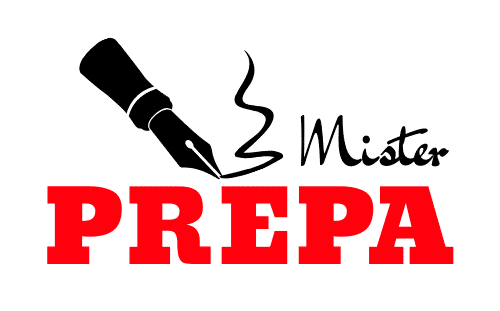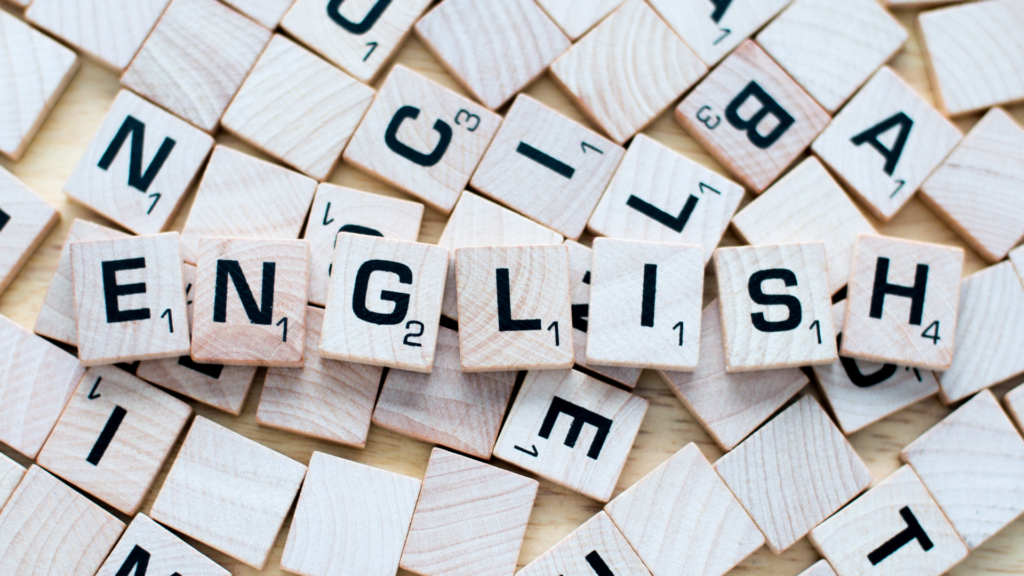Il est très important d’élargir son vocabulaire en anglais pour pouvoir briller autant à l’écrit qu’à l’oral. Une méthode efficace est d’apprendre les mots par thèmes ou par paires. Voici une fiche de mots contraires à connaître !
Lire plus : Le vocabulaire politique – ANGLAIS #03
Adjectifs
Un enjeu mondial : a global issue
Un enjeu local : a local issue
Puissant : powerful, mighty
Impuissant : powerless
Adapté : appropriate, suitable
Inadapté : inappropriate, unsuitable
Occupé : occupied, busy
Inoccupé : unoccupied, empty (espace)
Un nombre pair : an even number
Un nombre impair : an odd number
Vulnérable : vulnerable, weak
Invulnérable : invulnerable, untouchable
Sec : dry
Mouillé : wet
Précédent : previous, last
Suivant : next, following
Innocent : innocent, not guilty
Coupable : guilty
Une personne prudente : a careful person
Une personne imprudente : a reckless person
Sensible : sensitive
Insensible : insensitive, indifferent
Une couleur claire : a light colour
Une couleur foncée : a dark colour, a deep colour
Silencieux : quiet, silent
Bruyant : noisy, loud
Courageux : brave, courageous
Lâche : coward
Ouvert d’esprit : open-minded
Fermé d’esprit : narrow-minded
Cher : expensive
Bon marché : cheap
Volontaire : voluntary
Imposé : compulsory
Lourd : heavy
Léger : light
Épais : thick
Fin : thin
Maigre : thin
Costaud : surdy
Vide : empty
Plein : full
Profond : deep
Peu profond : shallow
Verbes
Prêter : to lend
Emprunter : to borrow
Économiser : to save money
Dépenser : to spend
Enseigner : to teach
Apprendre : to learn
Être reçu à un examen : to pass an exam
Échouer à un examen : to fail an exam
Admettre : to admit, to confess
Nier, démentir : to deny
Être en hausse : to be on the increase
Être en baisse : to be on the decline
Être condamné : to be sentenced
Être acquitté : to be acquitted
Gagner son indépendance : to gain independence
Être annexé : to be annexed
Être de gauche : to be left-wing
Être de droite : to be right-wing
Atterrir : to land
Décoller : to take off
Crier : to shout
Chuchoter : to whisper
Interdire : to ban, to forbid, to prohibit
Autoriser : to allow, to authorise
Lutter : to fight
Abandonner : to give up, to withdraw from
Obéir : to obey
Désobéir : to disobey, to be disobedient
Avancer : to move forwards
Reculer : to go back(wards), to move backwards
Casser : to break
Réparer : to repair, to fix
Attacher : to attach, to tie together
Détacher : to detach, to untie
Se disputer : to argue
Se réconcilier : to make up, to reconcile
Noms communs
Récession économique : economic recession
Reprise économique : economic recovery
Fuite des cerveaux : brain drain
Afflux des cerveaux : brain gain
Pertes : losses
Gains : benefits
Miracle : miracle
Malédiction : curse
Rivalité : rivalry, competition
Coopération : cooperation
Augmentation : increase, rise
Diminution : decrease, reduction
Théorie : theory
Pratique : practice
Équilibre : balance, stability
Déséquilibre : dizziness, instability
Croissance : growth, development
Décroissance : decline, decrease, degrowth
Abondance : abundance
Manque : lack
Lire plus : Le vocabulaire du travail – ANGLAIS #04
























